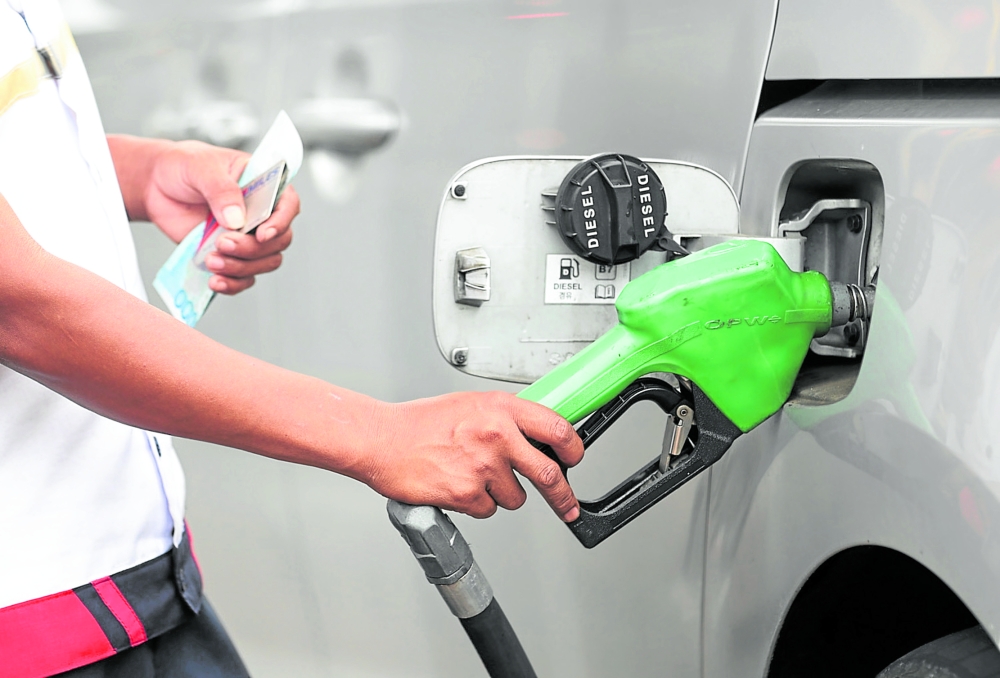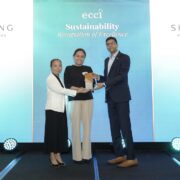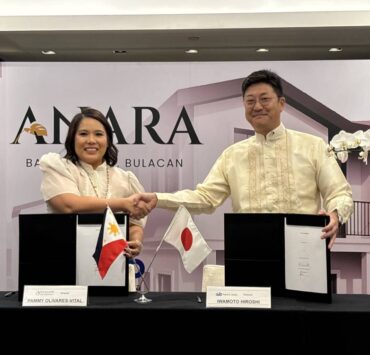Biodiesel group warns vs suspension of oil blending

A biodiesel group has warned against the suspension of oil blending proposed by House Bill No. 4151, or “Murang Langis” (Cheap Oil) Act, saying it “threatens” the local coconut market and risks harming millions of Filipinos whose livelihood depend on the industry.
The bill seeks to allow the government to suspend coco-biodiesel blending whenever blended diesel becomes 5-percent more expensive than pure diesel.
The Philippine Biodiesel Association (TPBA) argued that the measure endangers farmers, rural communities and public health.
“When you remove stability from the coconut market, you don’t just affect companies—you affect families, entire communities and 25 million Filipinos whose livelihoods depend on coconuts,” said TPBA executive director Ramon Taniola.
“The biodiesel mandate is the bridge between today’s rural incomes and tomorrow’s modern coconut economy. HB 4151 puts that bridge at risk,” he said.
TPBA said coco-biodiesel remains cost-efficient, noting that blended diesel is often at parity with, or even cheaper than, pure diesel. And even when price gaps occur, the association stressed that the 6 percent to 10 percent improved mileage of biodiesel more than compensates for any cost difference.
The group emphasized that the current B3 biodiesel mandate has become “one of the most stable and reliable income anchors” for coconut farmers, traders, millers and rural supply chains across the country.
Any disruption to demand, TPBA said, would undermine the government’s coconut replanting program, which aims to plant up to 100 million new trees in the next three years with P3.5 billion in funding.
“A suspension mechanism creates uncertainty that discourages investment, slows farm modernization, [and] reduces rural income stability,” TPBA said, adding that weakening the mandate could reverse gains in regional development and long-term industry viability.
Beyond economic risks, the group also warned that HB 4151 could worsen air quality.
According to TPBA, coco-biodiesel reduces soot emissions by up to 95 percent, preventing an estimated P1.86 trillion to P2.2 trillion in annual pollution-related health costs.
“Cleaner air is a national benefit, not an industry perk. The health savings alone outweigh any temporary difference in pump price. Protecting biodiesel means protecting the health of every Filipino,” Taniola said.
The association added that motorists directly benefit from the improved fuel efficiency delivered by biodiesel, which it said generates P17 billion to P32.6 billion in net annual savings.
The association reiterated that the issue goes beyond price movements at the pump.
“This is bigger than fuel. This is about people—those who grow our coconuts, those who breathe our air and those who will inherit the country we are building today. HB 4151 puts all of that at risk,” Taniola said.
TPBA urged lawmakers to recognize biodiesel as a “strategic national tool” vital to rural livelihoods, public health and the country’s broader sustainability goals.
“Protecting biodiesel means protecting people. And in the end, that is what national policy should always stand for,” he said.





















